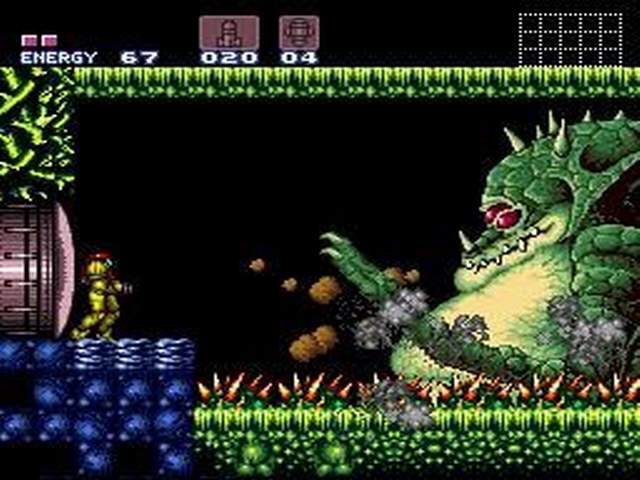This post has not been edited by the GamesBeat staff. Opinions by GamesBeat community writers do not necessarily reflect those of the staff.
In recent years, an odd consensus has arisen where many believe that games are easier than they used to be. In many cases it’s true, and it isn’t surprising, as extreme competition between titles has created the need for games to be immediately entertaining as soon as you press the start button. As a consequence, many older — and potentially newer — players consider these games of yesteryear much more difficult. The immense challenge Wii U owners have experienced with virtual console games is evidence of that.
Are these newer adventures really easier? Or has the design philosophy for video games improved instead?
Similarly to those poor souls I linked from the MiiVerse, I too recently donned the Varia Suit for the first time in years, ready to take on the challenge of planet Zebes in the Super Nintendo classic Super Metroid. Along the way, I was reminded how demanding 8- and 16-bit games were. The challenge in those titles regularly transcended normal difficulty whereas modern games simply require quick reactions to overcome a boss or room full of foes. Comparatively, the games of our childhoods actually challenged every fiber of our being. In these games, beating a boss was tough, sure, but actually understanding how to progress was regularly far harder, demanding bizarre experimentation, not to mention the possibility of a game over forcing you to restart.
In years past, we were conditioned to expect the unexpected, and a combination of absurdly disposable free time and a lack of gaming competition meant that our preadolescent selves poured countless hours into a single game in a desperate struggle to witness the ending.
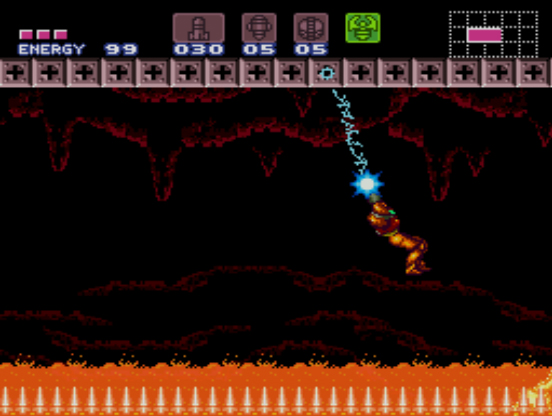
A turn for the worse?
Oh, how things have changed. Today, an amalgamation of tutorials and loading-screen hints have made approaching new games a far simpler and enjoyable task. While older generations molded us into sharp gaming machines wielding an insatiable appetite for completion, players today have potentially grown plump and arrogant due to the simplicity of modern games. The difficulty that pushed our minds to breaking point, forcing us into magazines or conversations at school for any shred of guidance, has been replaced by friendly non-player characters and Internet FAQs, each giving us answers before we’ve even considered the questions.
Now we must ask: Is this for the better or worse of our hobby?
It’s a difficult question to answer; although, it’s probably not as difficult as I found Super Metroid. I pride myself on regularly playing games on hard, but even I was shocked at how absurdly challenging I found this 19-year-old futuristic adventure, where the ultimate challenge wasn’t beating space pirates but deciphering the cryptic terrain to reach each new area.
I personally think there are two types of “hard” in games. The normal hard, where you are defeated by an enemy or stare at a puzzle and think, “I know I can do this, I just need to keep trying.” Then there is the other, rarer, and arguably worse type of hard, where you stare at the screen in disbelief and quietly think, “I’ve broken the game somehow. It’s bugged and it’s impossible to progress. I need to restart.”
That second, horrifying form of hard was something I experienced roughly every hour in Super Metroid. I’m even ashamed to admit that a couple of times I had to consult an FAQ — something I hate to do — but if I hadn’t, I may still be drifting through Maridia scanning every wall in the bleak hope that one would reveal a hidden passage.
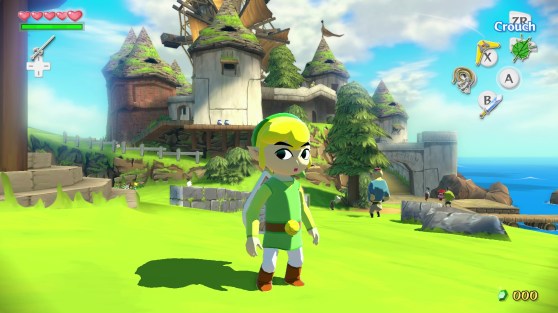
How much is too much?
Although I didn’t mind aimlessly wandering, I was frustrated when the FAQ revealed a solution I would’ve never attempted. I found it confusing that the game expected me to understand or attempt something so immensely unique with zero indication. And I believe if a similar environmental puzzle was present in a game released today, it would almost certainly offer some manner of hint to grease the wheels of progress.
Considering this annoyance, I must admit I genuinely appreciate any effort made to teach me in a game, and ideally, every game should take the time to make sure you understand as much as necessary before thrusting you into the main experience, such as the approach in the Legend of Zelda franchise. The exquisite balance of training and trials works well to never overwhelm the player while continually feeding them more information and powers.
The issue, however, is when games skew the balance too heavily toward assuring progress, smothering the wheels in numerous lubricants until you can slide through the whole experience before you’ve even had time to think — the most intellectually stimulating section being the credits. This attitude has been born from necessity, as aging players have far less time to dedicate to games, but risks sacrificing the sense of achievement so many of us look forward to when overcoming severe obstacles.
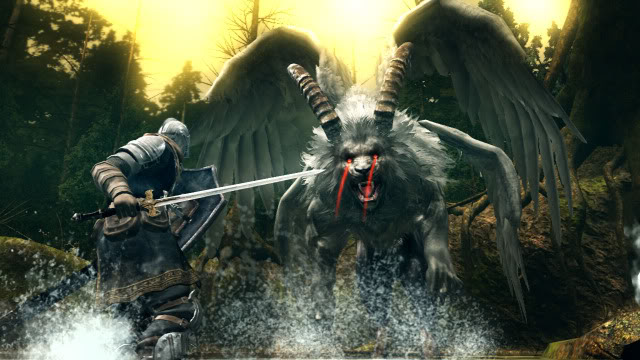
The challenge is out there
While I can appreciate this trend toward more amicable games, I commend any title where the focus is to challenge the player, such as From Software’s Dark Souls. The illusive challenge and sense of mystery in Dark Souls reminded me a lot of Super Metroid. Both force you to carefully study each new enemy and environment so as to understand the dangers — no cinematic or hint will explain how to win, and only patience and observation can lead you to victory. But despite my love of both titles, they can be bizarrely obtuse, expecting nothing short of clairvoyance to understand some elements.
It’s certainly tough to hit the balance, and while it’s annoying to feel lost or obsolete when facing the challenges of a game like Super Metroid or Dark Souls, the sense of accomplishment felt when overcoming such challenges is often worth it. Still, a lot could be done in both titles to teach players and retain their interest while maintaining the difficulty. I say this because they’re fantastic and intricately crafted experiences, and I hate the thought of players quitting because they found it too confusing or annoying.
There must be some middle ground between a magical line pointing to the next objective and expecting players to attempt everything, everywhere until success is achieved through luck instead of judgment.
Regardless of my thoughts, though, we can clearly see that there are modern games ready to provide a challenge for those who seek it. And although today we look for guidance at the water-cooler instead of on the playground, it’s refreshing to see a game that challenges you at every turn. But it’s important to remember that these two titles only represent a small sample of the thousands that exist.
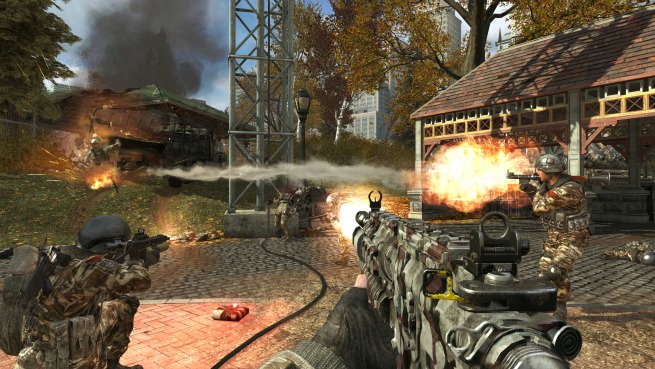
It’s variety, not simplicity
I find it amusing when corridor shooters such as Call of Duty are scorned for their twitchy and linear nature while many classic titles — those loved for their difficulty — are arguably far more linear than anything we see today. For instance, take Super Mario Bros., a great game but incredibly twitchy and linear, where the only challenge is running from left to right on a two-dimensional plane and jumping at the right time.
So to return to the question: Are games now easier? No, I don’t believe so. Instead, we actually have an insanely wider variety of games available to us. It’s true that many have cranked down the difficulty to remain appealing and exciting to new fans. But we also see many titles that push our minds to collapse due to their immense difficulty.
Ultimately, just like there are good and bad games, there are also hard and easy games, and while games can be finished quicker today on average, is this because they’re “easier” or because more developers make games that they want us to consistently enjoy and finish rather than pushing us to a breaking point?
The answer to that will change depending on whom you ask. So, what do you think? Are games easier today?
For this and other rambles, check out my blog or follow me on Twitter.
